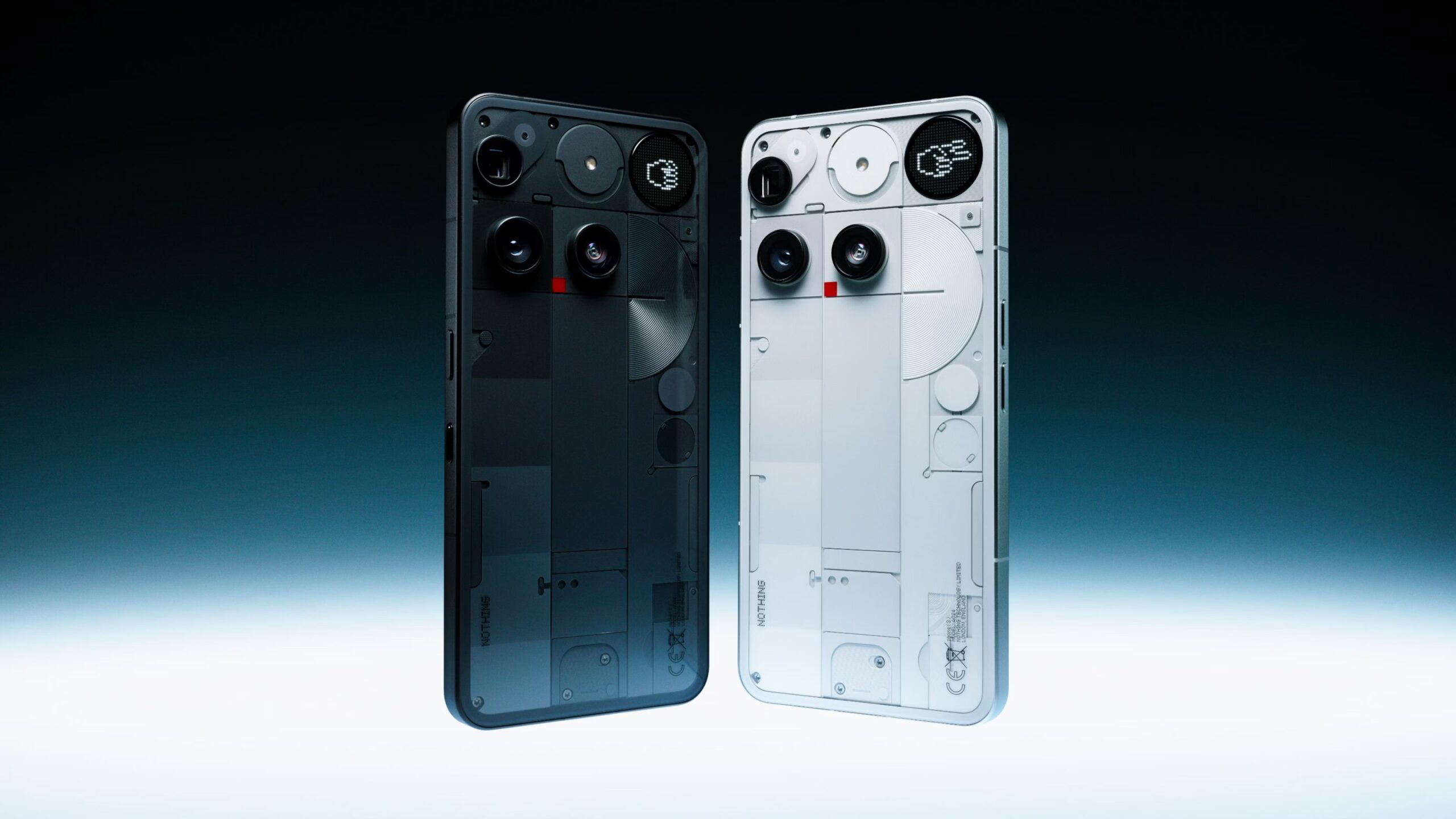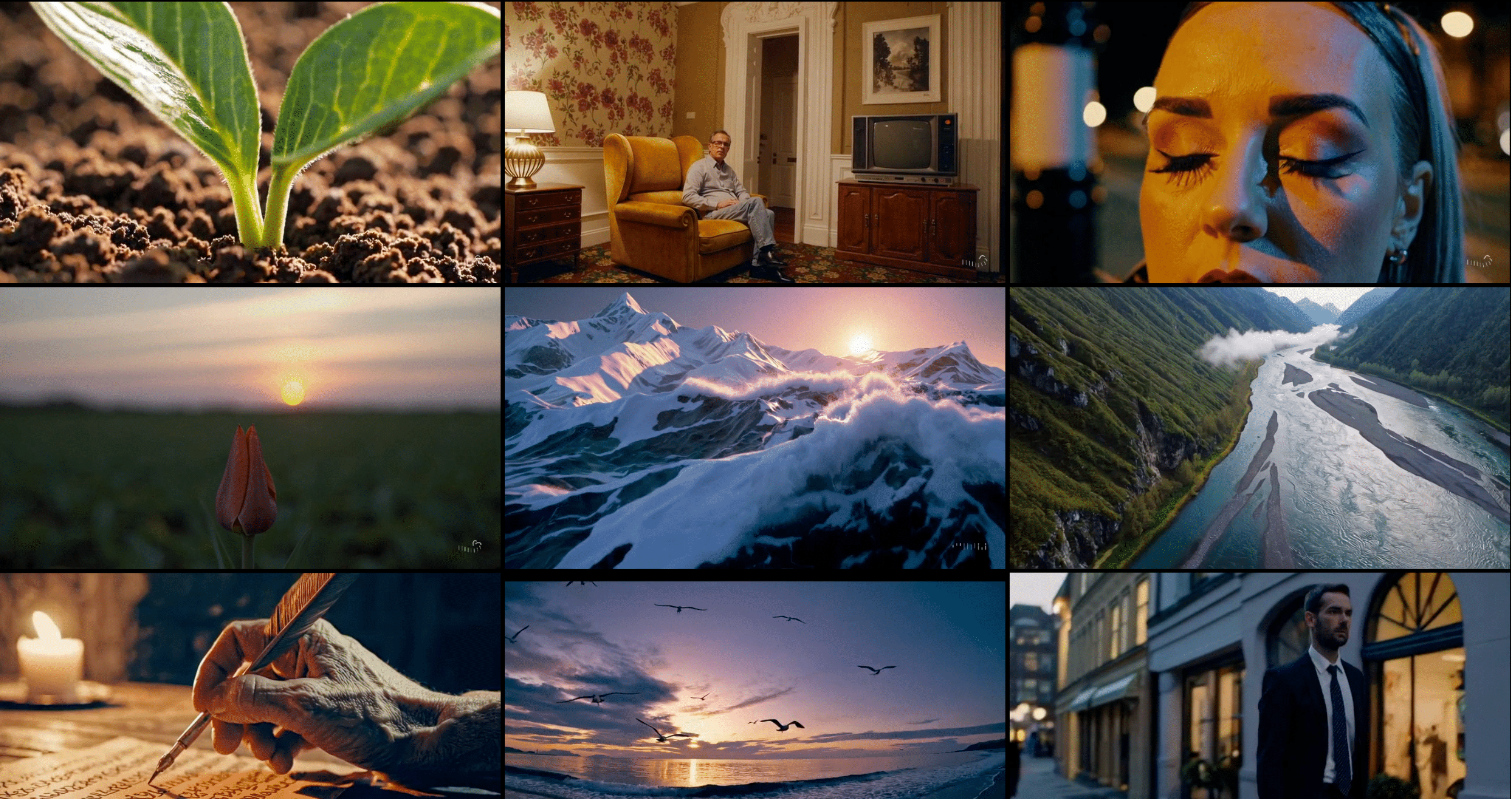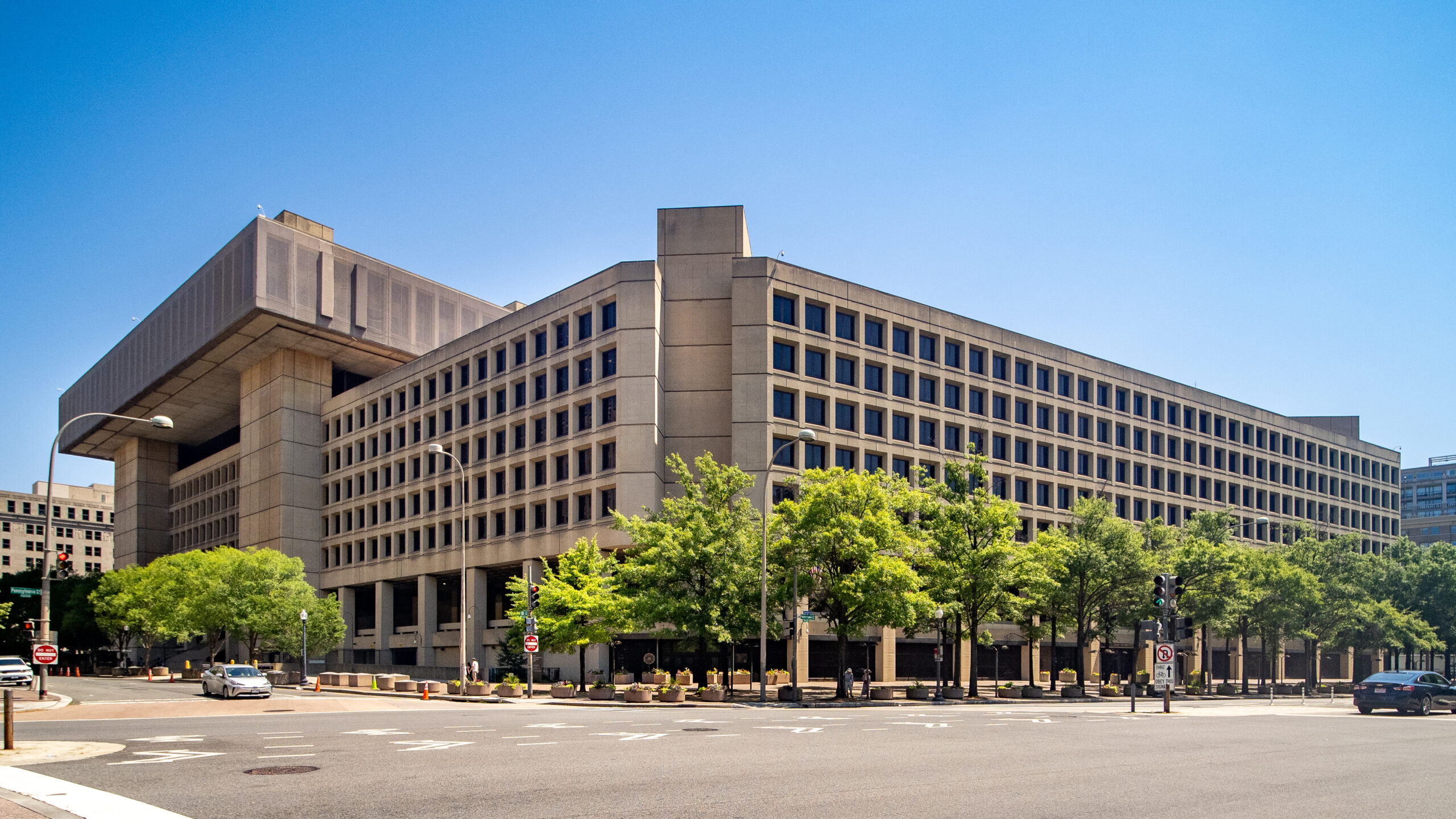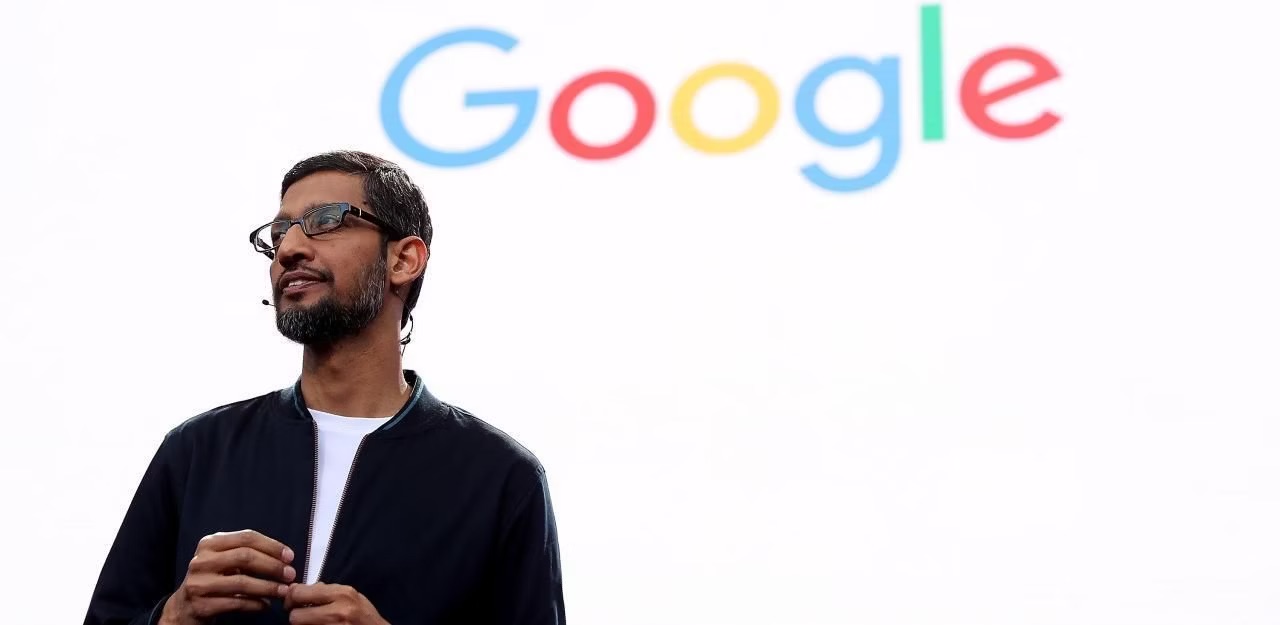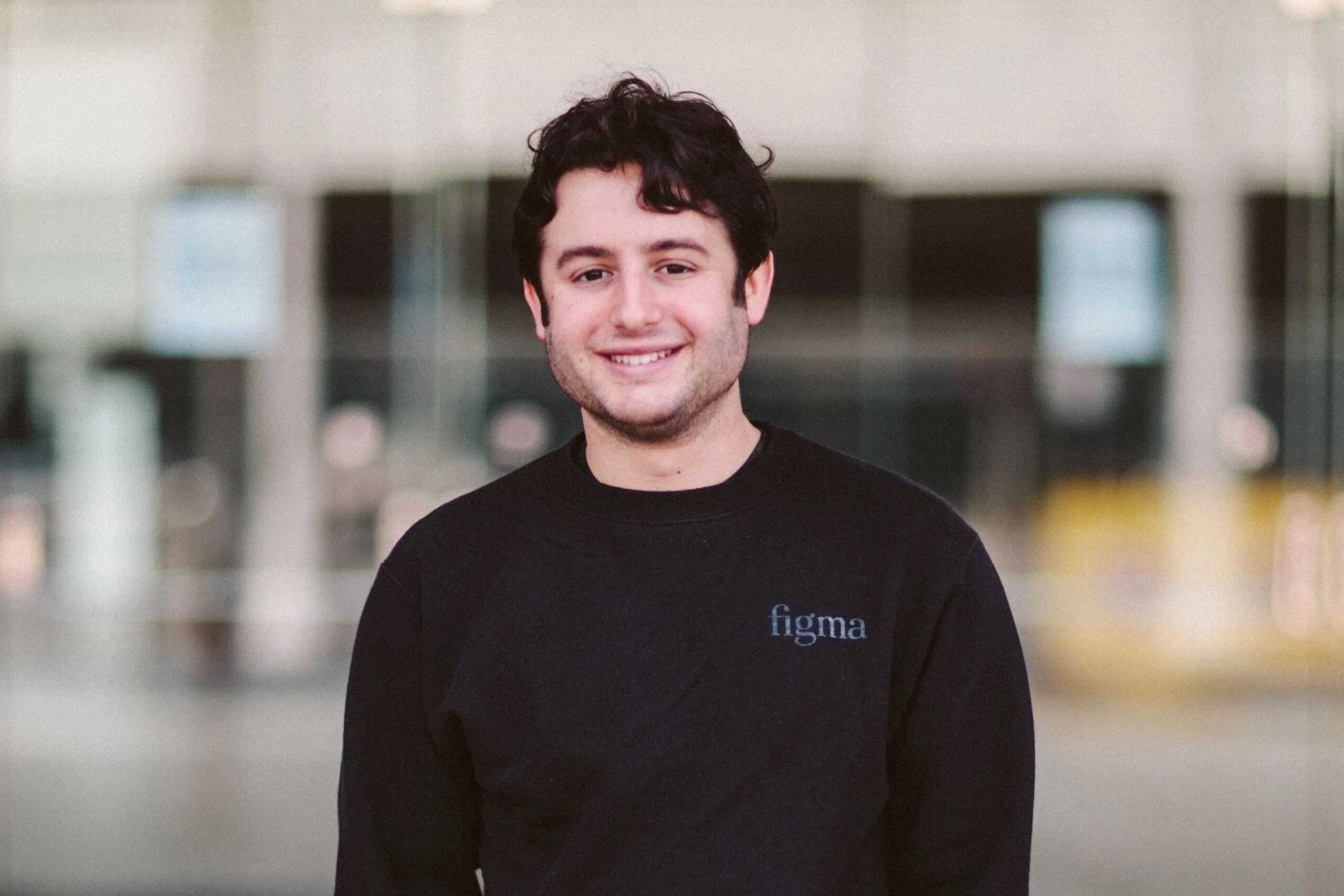OpenAI has officially released its much-anticipated video-generation tool, Sora, marking a major step in its generative AI portfolio. Announced by CEO Sam Altman on X (formerly Twitter), this launch provides access to Sora for users in the U.S. and most other countries, although the rollout to Europe and the U.K. remains pending.
Subscribers can choose between two subscription plans:
- ChatGPT Plus ($20 per month):
- Generate up to 50 priority videos.
- Resolution capped at 720p.
- Maximum video duration of 5 seconds.
- ChatGPT Pro ($200 per month):
- Unlimited video generations.
- Resolution up to 1080p.
- Maximum video duration of 20 seconds.
- Additional features, including watermark-free downloads and simultaneous generations.
During a livestream, OpenAI showcased Sora’s features, including “storyboards” for sequential prompts, a “remix” tool for refining outputs, and new ways to transform still images into videos. To maintain transparency, all AI-generated videos include visible watermarks and C2PA metadata. OpenAI has implemented strict guidelines for uploads, prohibiting explicit or copyrighted material, with violations risking account suspension.
Rohan Sahai, Sora’s product lead, acknowledged the challenges of balancing creative freedom with safety, saying, “We obviously have a big target on our back as OpenAI. We want to prevent illegal activity of Sora but also want to balance that with creative expression.” Sahai invited users to provide feedback on moderation as OpenAI fine-tunes the tool.
The release follows months of speculation and a recent protest by some alpha testers who criticized OpenAI for allegedly exploiting their unpaid labor during Sora’s development. The protestors, including around 300 artists, published an open letter accusing OpenAI of using them for “art washing” without adequate compensation. OpenAI countered that participation was voluntary and that it had supported these artists through free access and additional programs.
As OpenAI positions itself with Sora, the broader implications of AI-generated content on social media are becoming apparent. While Sora’s capabilities are undeniably impressive, the influx of AI-generated videos could further dilute already algorithm-heavy feeds, making it harder for users to find authentic, creator-driven content.
Though platforms like Reddit and Bluesky offer effective curation tools, mainstream platforms like Facebook, Instagram, and X are increasingly dominated by ads and algorithmic content, leaving users with fewer options for genuine engagement.
Sora’s debut positions OpenAI to compete with other tech giants like Meta, Google, and Amazon, which are developing their own video-generation AI tools. As multimodal AI tools integrating text, image, and video capabilities gain traction, OpenAI aims to solidify its place in a generative AI market expected to surpass $1 trillion in revenue within a decade.



